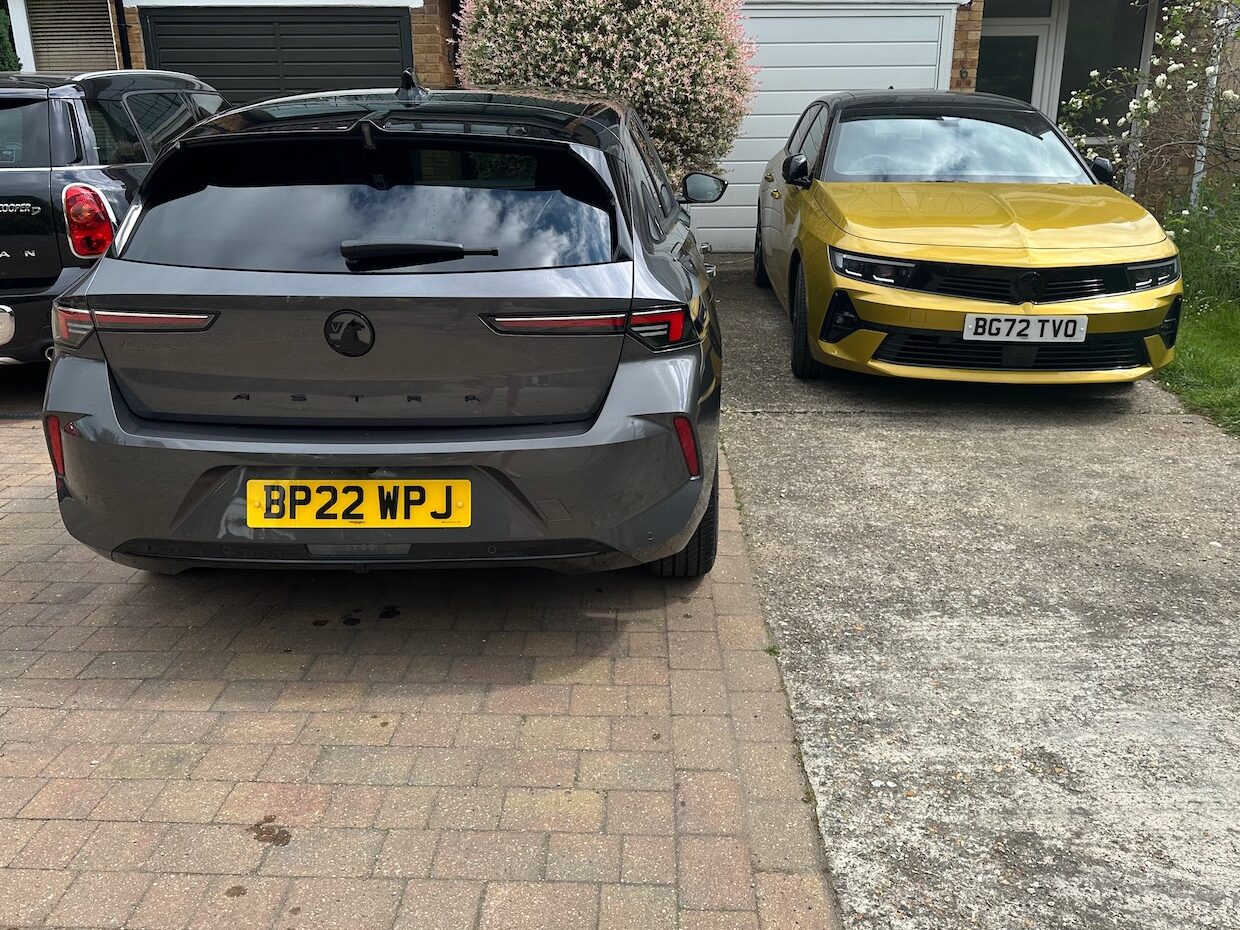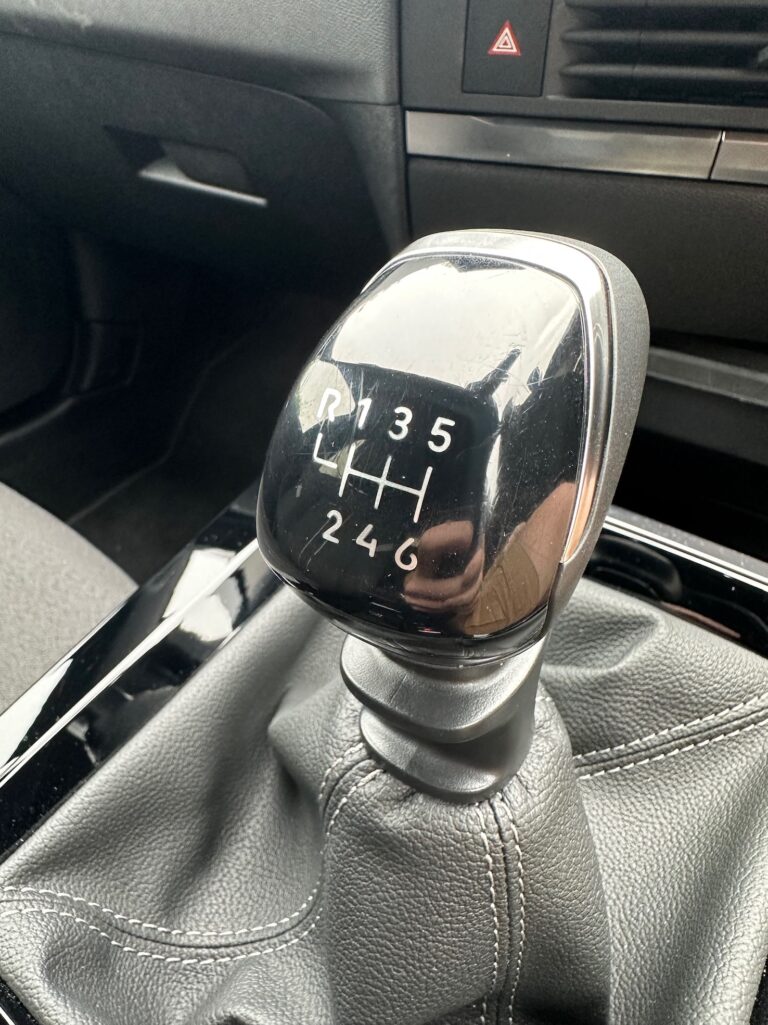It was a one-off problem with our Vauxhall Astra plug-in hybrid that really opened our eyes to the issue.
For two weeks, instead of our usual plug-in hybrid, we suddenly drove a traditional petrol-engined Astra instead, with a clutch pedal and a manual gearbox. The sudden need to return to changing gear as in a traditional car, got us wondering just what skills sets the next driving generation will perhaps lose – and indeed may have already lost.
Many drivers over the age of 40, probably grew up driving cars that were very different to new cars today. Those cars may not have had fuel injection, so instead cold-starting in the morning required you to adjust the choke until the engine was warmed up, they may not have had power steering, so slow speed manoeuvres had to be thought about rather than simply twirling the steering wheel with ease.
The same goes for brakes, which would not have benefitted from the servos in today’s models (or have anti-lock brakes), in some older cars it would have been necessary to double de-clutching when changing gear or even heel-and-toe when changing down a gear to match the revs to the car’s speed. In older Ferraris, you even had to stay away from second gear until the gearbox was thoroughly warmed-up.
And all that of course, before you even get to using a clutch pedal and changing gear manually. With the increase in PHEVs and EVs, those learning to drive, and pass, in an automatic have risen sharply. Around 30 per cent of current learners are learning in automatic. Two years ago, those UK drivers with an automatic-only driving licence numbered 850,000 and yet now they stand at 1.07 million.

So as well as those aforementioned skills already lost – and those about to be lost further with the arrival of EVs – there is simply not the same need to drive with a level of mechanical awareness and sympathy that previous generations would have had to.
At this point, it would very easy to end the discussion there, on a predictable ‘things aren’t as good as they used to be’-like rant. But what skills, by comparison, are the next generation of EV drivers getting that those of past ICE cars perhaps might not?
There’s no doubt that the plug-and-play type of EV driving doesn’t require that mechanical sympathy of before, but with regenerative braking, especially self-adaptive regenerative braking, that same next generation will arguably be better at reading the road ahead to maximise their avoidance of the brake pedal.
That will not only make the future EV-driving generation better at driving more efficiently, but also safer too as they read the road ahead better to achieve that same efficiency. So while that EV-driving generation might miss out on some driving skills, they may well develop some altogether different skills in their place. We shall wait and see.

